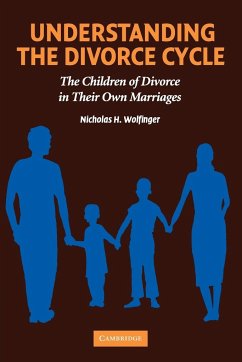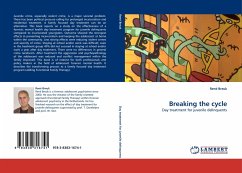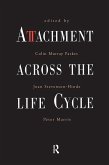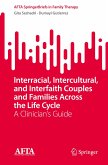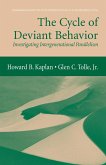Growing up in a divorced family leads to a variety of difficulties for adult offspring in their own partnerships. One of the best known and most powerful is the divorce cycle, the transmission of divorce from one generation to the next. This book examines how the divorce cycle has transformed family life in contemporary America by drawing on two national data sets. Compared to people from intact families, the children of divorce are more likely to marry as teenagers, but less likely to wed overall, more likely to marry people from divorced families, more likely to dissolve second and third marriages, and less likely to marry their live-in partners. Yet some of the adverse consequences of parental divorce have abated even as divorce itself proliferated and became more socially accepted. Taken together, these findings show how parental divorce is a strong force in people's lives and society as a whole.
Hinweis: Dieser Artikel kann nur an eine deutsche Lieferadresse ausgeliefert werden.
Hinweis: Dieser Artikel kann nur an eine deutsche Lieferadresse ausgeliefert werden.
'This is an insightful book; not only does the author attempt to explain the mechanisms through which divorce could be transmitted from one generation to the next, but some of the surprising findings also point to avenues for further research ... In sum, this book underscores the need for more research on cross-generational marital behaviour over the life course. I applaud Wolfinger's success in using plain language to elucidate the intricate phenomenon of the divorce cycle for an academic as well as general audiences.' Population Studies

